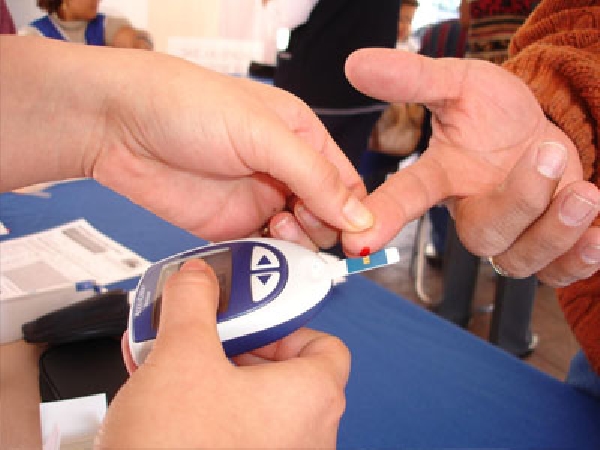
Diabetes is a highly misunderstood disease. Most diabetic patients bring this condition upon themselves due to their lifestyle habits. And some of them have a hereditary connection to it. On account of its close connection to lifestyle habits, diabetes mellitus has a lot of myths surrounding it.
Before starting to debunk the myths, let us understand what diabetes mellitus is all about. Diabetes happens when the body stops producing adequate amounts of insulin. Insulin, which is produced by the pancreas, is the hormone required to regulate sugar levels in the blood stream. Sugar is required by the body to produce energy. But it has to be broken down into energy. And insulin does this.So when insulin production is less, these substances lie unregulated in the blood stream. The sugar persists in the blood stream causing a lot of problems like high blood pressure, hypertension, and cardio vascular disease.
Now let us get back to the myths associated with diabetes. Because diabetes is intricately tied to our lifestyle, it makes people think of conditions which are untrue. The following are some myths and facts about diabetes mellitus.
1. Eating too much sugar will cause diabetes
Diabetes is not related to excess sugar intake. It is the inability of the body to regulate sugar in the body. Even if you take excess sugar, if your insulin production is fine, then you should not have a problem. But excessive sugar intake is non-advisable as it can cause high blood pressure and also cause metabolic disorders like weight gain.
2. Diabetes is transmitted from one person to another
Diabetes is not an air-borne disease, and hence is not contagious. It is an internal defect in the body. But yes, diabetes can be inherited. If your parents, or brothers or sisters have diabetes, you are susceptible to get it too. Diabetes runs in families. Even extremely fit and healthy people can get diabetes due to inheritance of the disease from their family members.
3. Diabetics cannot eat sugar based food products
Diabetics can eat sugar based food products, but only in moderation. If it is eaten as part of a diet plan prescribed by the physician, then it should be fine. Diabetics are required to exercise regularly to burn excessive calories caused by unregulated sugar.
4. Exercise aggravates diabetes in diabetics
Exercise actually helps diabetics control their diabetes. Exercise is probably the only non-medical and effective solution to control diabetes. Regular exercise slows down the effect of diabetes. It is a must for overweight diabetics to exercise. Obesity or overweight can create complications for diabetics.
5. Insulin is a cure for diabetes
Diabetes happens when the pancreas are unable to produce insulin. Insulin is merely a controller of sugar levels in the body. When the body is unable to make its own insulin, artificial insulin is injected into the body.
6. Stress causes diabetes
Stress does not cause diabetes, but the other way round is possible. Diabetes causes stress and hypertension. Stress will aggravate the diabetic condition. Diabetics with high-stress levels will abstain from taking proper care of them. To beat stress, they may resort to alcoholism and smoking.
7. Diabetes is genetic
Not everyone who develops diabetes have a genetic pre-disposition to the disease. It is proven that people who have a family history of diabetes are at a greater risk to develop the disease.
8. Diabetics should eat food with sugar-free sweetness products
Sugar free products use synthetic sugar without glucose content. But this does not mean that it does not have carbohydrate. Insulin not only controls sugar levels, it also controls carbohydrate levels in the body. Before using any sugar free products, it is important to check its carbohydrate content.
9. Diabetics should avoid potatoes and bread which are high in starch
Starch is a complex carbohydrate. This means it is a carbohydrate, but in a different manifestation. Carbohydrates are energy giving substances. But the catch is that if carbohydrates are not broken down, either through exercise or insulin, or a combination of both, they become problematic.
Starch food can be consumed by a diabetic, only if it is part of a diet plan prescribed by a physician. Diabetics should eat only small portions of starch food. Some examples of starchy food are rice, whole grain breads, whole grain cereals etc.




